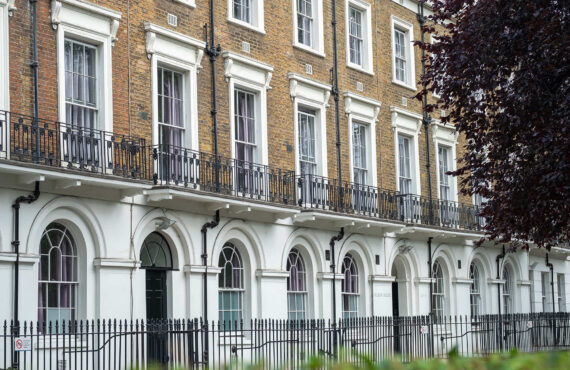
With the school holidays well underway. Uncertainty around travel restrictions created by the pandemic means more of us. Are considering Investing in a UK holiday home and holidaying in the UK this summer. Rather than heading overseas.
The resultant surge in demand for UK holidays in destinations such as Cornwall, Devon, Dorset and the Lake. District, among others, is unprecedented. Trying to book a holiday cottage in a prime holiday location is next to impossible. With accommodation booked up months in advance.
This demand for holiday lets is persuading high-net-worth investors to invest in a second home in the UK. As well as being able to enjoy it yourself with your family and friends. It can have the added benefit of generating income when you are not using it. Indeed, in the first half of this year, 1,401 holiday let companies were incorporated, up 83 per cent. On the same period in 2020 and 119 per cent on 2019, according to estate agent Hamptons International.
Holiday Property Closes
Returns can be significant, although experts advise making sure you buy in an area with enduring appeal in case this turns out not to be a long-term boom. Holiday properties close to beaches, country walks, castles and adventure parks tend to do well. The average annual revenue of a holiday let owner through booking platform Sykes Holiday Cottages was £21,000 in 2019, with this expected to jump dramatically this year thanks to the rise in bookings.
You can purchase and run a holiday let in your own name, via a limited company or trust. Careful consideration should be given to how you purchase and own your holiday let as this will affect the tax you pay. If you buy in your own name. You will be taxed at up to 45 per cent on the profits. For example, whereas a company pays tax on profits at 19 per cent.
If the property is a ‘furnished holiday letting’ you can deduct mortgage interest payments from rental income, which is no longer the case with buy-to-let. You can also get relief on capital gains tax and capital allowances when purchasing furniture and other fittings. However, the house must be available to let for a minimum of 210 days a year and actually let for at least 105 days a year.
Mortgage Broker
The number of holiday let mortgages has increased significantly, with more lenders offering them in response to greater demand. Rates tend to be higher than on standard mortgages and you generally need a bigger deposit – usually at least 25 per cent of the purchase price.
Investing in a UK holiday home With more choice out there, it is worth seeking advice from a whole-of-market mortgage broker such as AWS Private Finance, particularly if you need a large mortgages, as we can advise you on the best deal for your circumstances. Do get in touch for more information.






